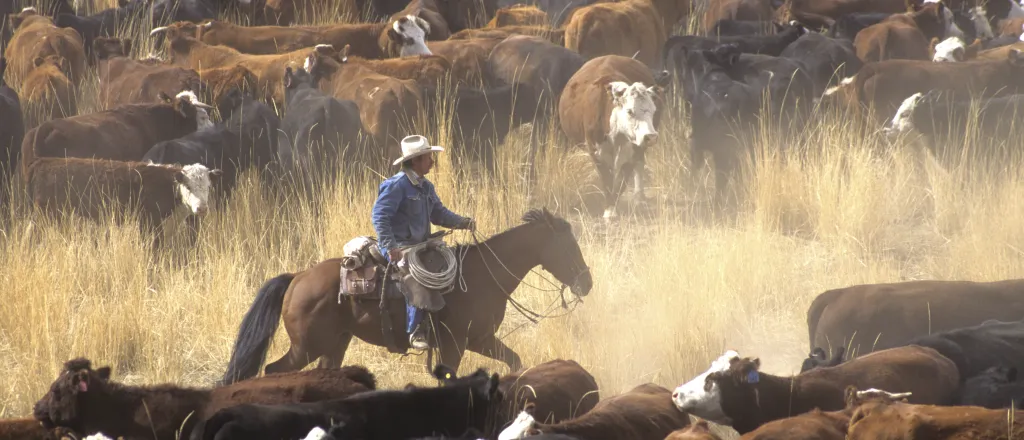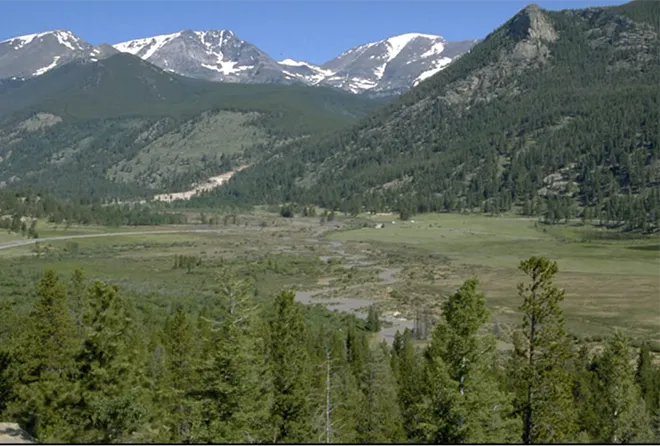
Landowners embrace conservation as financial boon, family legacy
(Colorado News Connection) Landowners in Colorado could play a major role in President Joe Biden's efforts to conserve 30 percent of the nation's undeveloped lands by 2030, and make money at the same time.
Jay Fetcher's family has been ranching cattle since 1994. He said when his family looked into the idea of a conservation easement for their property near Steamboat Springs, his father was immediately sold.
He did not want to see the land developed for the service industry; he wanted it to remain land that produced food.
"Because here is property that could be developed into condominiums, golf courses," said Fetcher. "But we as a family had a passion for keeping it forever as 2,000 acres of undeveloped land."
The family's decision to conserve the land for ranching caught on, and led to Fetcher founding the Colorado Cattlemen's Agricultural Land Trust.
The America the Beautiful project is challenging local communities to find the best ways to conserve, connect and restore lands, waters, and wildlife that local economies depend on.
Conservation efforts also are seen as critical for protecting clean-water supplies, especially during times of severe drought. Melissa Daruna, executive director of the group Keep it Colorado, said some strategies already under way could provide a path for communities across the West.
She pointed to local stakeholders on the Eastern Plains outside Pueblo who are taking the lead to reckon with current and future impacts of a warming climate.
"And so what are the opportunities to work collectively across the community and conserve the most valuable landscapes?" asked Daruna. "Making sure that we don't have a situation where the local agricultural economy collapses or falls apart because the water resources are gone."
Roughly 60 percent of all land in Colorado is privately owned, and owners who opt for easements could see big payouts given rising land values across the state.
In 2008, lawmakers allowed the donated value of the land set aside for conservation to be considered a state tax credit which can be resold to Colorado taxpayers with outstanding tax burdens.
"So all of a sudden, I do an easement, I can sell the value of that easement to a Colorado taxpayer," said Fetcher. "And I get a check in my pocket. You know, we're not going to develop the land anyway, but all of a sudden I get paid for not doing it."

















